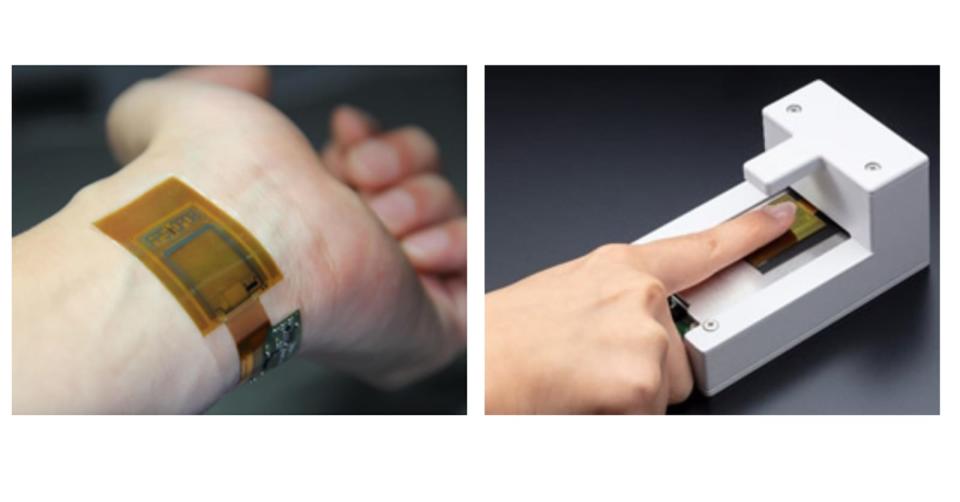JDI's ultrathin biometric sensor is built for 'high security' authentication
It measures fingerprints, vein patterns and pulse waves.
Japan Display, the company known for cramming massive screen resolutions into tiny spaces, has created the world's first ultrathin image sensor that measures fingerprints, veins and pulse waves. At 15 micrometers thick the sensor is as thin as paper and features both high-speed readout and high-resolution imaging capabilities.
According to the company, this makes it particularly well-suited to security applications, as well as data-sensitive wearables. Where other sensors operate with either biometric signals (pulse waves) or biometric information (fingerprints and veins), Japan Display's takes both into account. No word yet on its plans for commercialization, but the company expects the sensor will be integrated into high security authentication systems to help companies prevent impersonation attempts on important systems.

 Yahoo Finance
Yahoo Finance 

